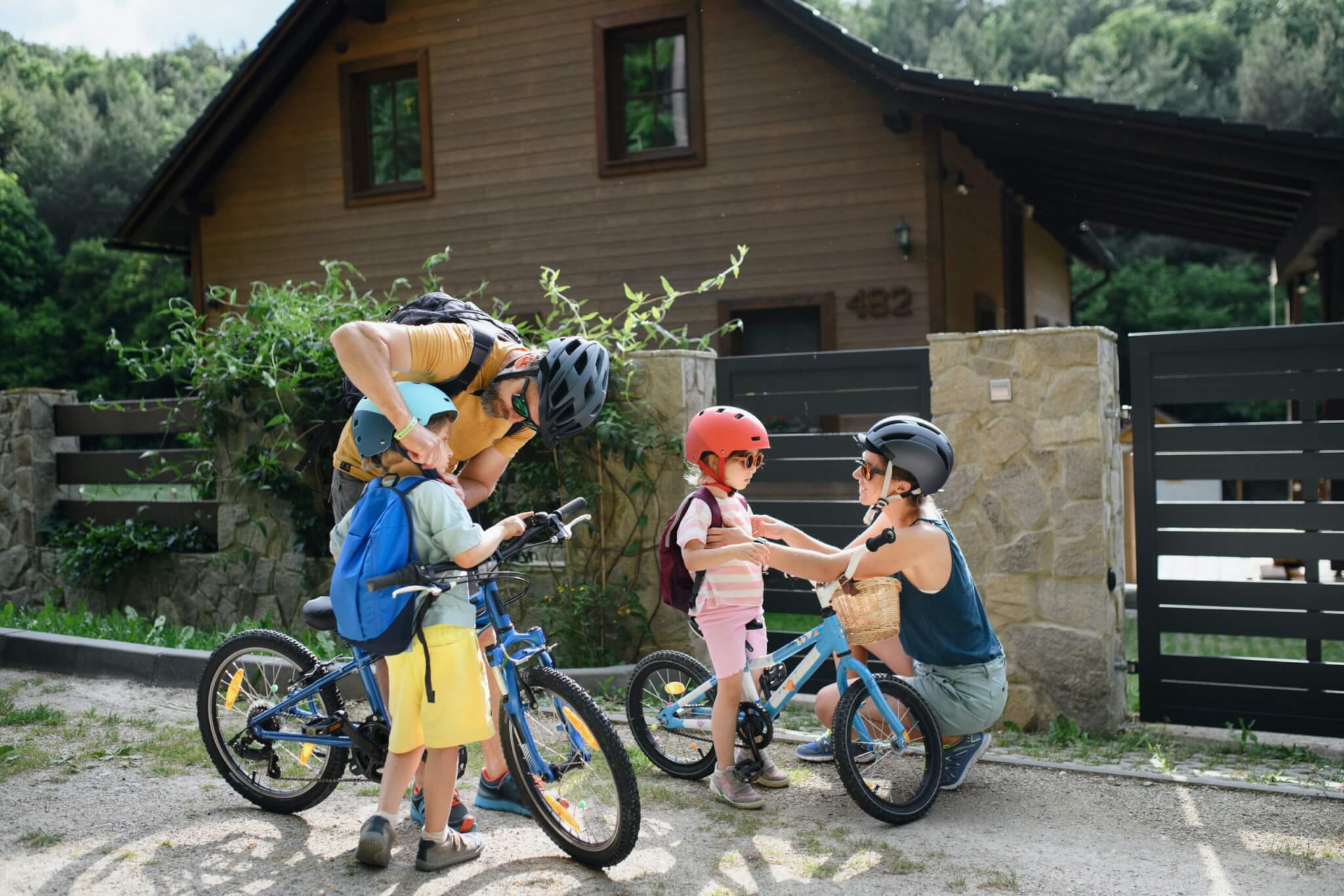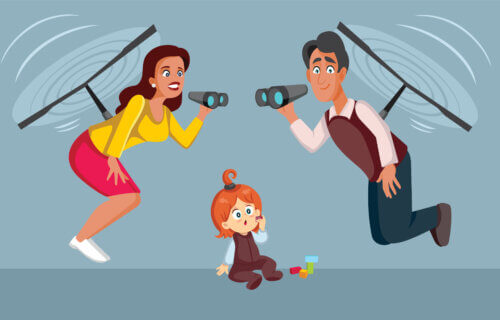ATHENS, Ga. — As a teen, it might not feel too fun having a seemingly (or literally) overbearing and protective parent. However, growing up with a “helicopter parent” may have its perks. It turns out that protective parenting may help set kids up for a healthier life in adulthood, according to researchers from the University of Georgia.
“Early life experiences really affect physical and mental well-being throughout our lifespan,” says Kelsey Corallo, lead author of the study and a recent doctoral graduate from UGA’s Department of Psychology, in a university release. “Even if we don’t have a lot of tangible memories from very early on in life, we know how we felt, we know how loved we were and how supported we were, and these things get embedded in us.”
To study this, researchers analyzed responses from over 4,825 people in the U.S. Bureau of Labor Statistics’ National Longitudinal Survey of Youth 97. This is a national survey that followed thousands of people from adolescence to their mid-30s. They noticed a connection between growing up in a less safe environment and pain, along with other physical health limitations, in adulthood. These circumstances can put the body under so much stress that it can’t regulate itself, and if this level of stress remains throughout infancy or childhood, it can cause long-lasting harmful effects to a child’s hormones and immune system.
“Young people and children tend to be healthy, so the fact that we’re seeing a statistical association between physical limitations and childhood environmental risk is pretty incredible,” Corallo explains. “It shows that these things really do matter, and they have an overt effect on health even in early adulthood when chronic illnesses often haven’t even set in yet.”

Helicopter parents may keep their kids away from drugs and alcohol
Interestingly, the team also found that participants who grew up in not so safe environments but also had involved parents that perhaps kept tabs on their friends and whereabouts, didn’t have the same limitations. Attentive parenting also displayed an association with fewer mental health problems in adulthood. This could likely be linked to children having less exposure to harmful behaviors like smoking or drinking if their parents made them follow curfews or made sure their friends were positive influences.
“In more dangerous settings, it may be more difficult for parents to be that involved, for example if they’re working multiple jobs,” the researcher concludes. “But even if they’re not physically home, keeping track of and making sure their children know that their parents are aware of and care about what they’re up to make a big difference.”
Sometimes it’s hard for kids to recognize that while parents may seem to simply like hovering over them, they’re just trying to protect them. However, there are times where it seems more so about being overly involved, which is a valid concern. Corallo and the team agree that parents should work to make sure their kids know the difference.
“It’s all about how kids are experiencing that vigilant parenting and how they’re interpreting it,” concludes Katherine Ehrlich, co-author of the study and an associate professor in the Franklin College of Arts and Science. “They don’t feel like it’s helicopter parenting. They just feel like their mom or dad really cares about them.”
The findings are published in the journal Social Science & Medicine.

